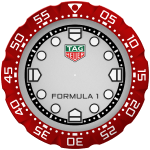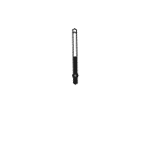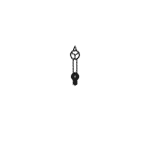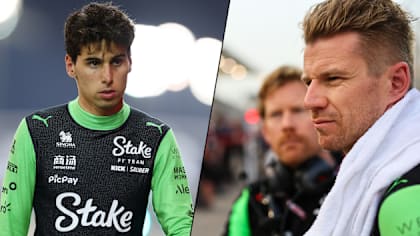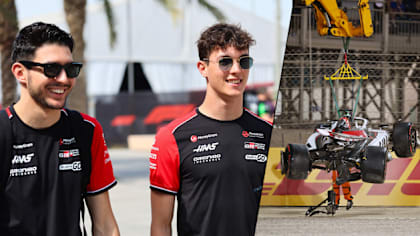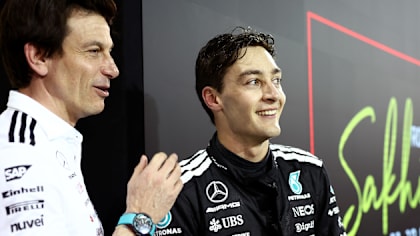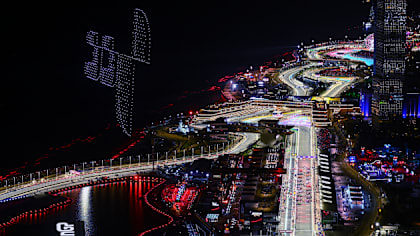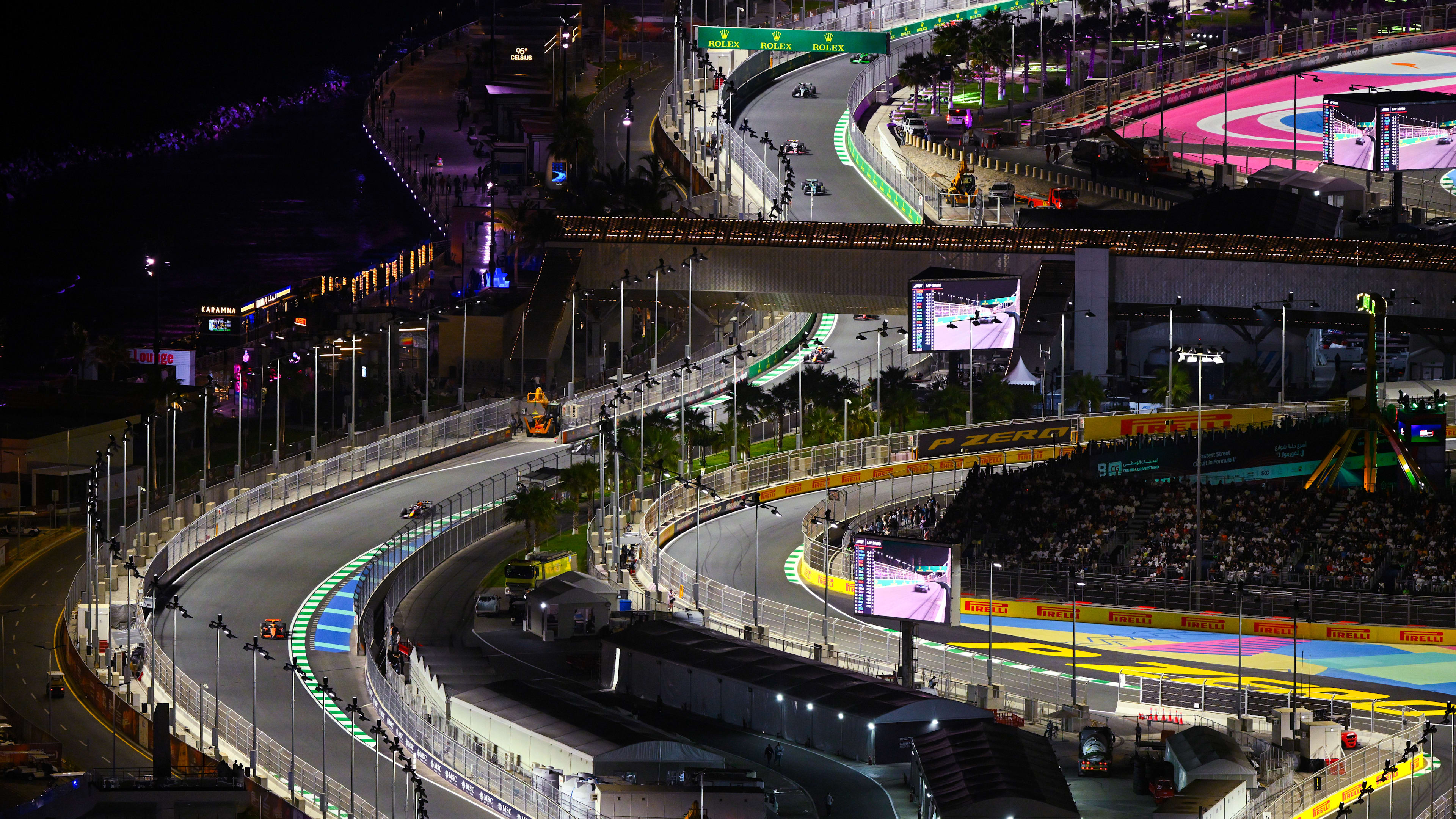Formula One racing’s governing body, the FIA, has given drivers more specific guidelines on what is and isn’t permissible whilst defending one’s position on track ahead of this weekend’s 2016 Formula 1 United States Grand Prix.
It follows extensive discussion of whether drivers should be able to change direction under braking, largely prompted by Max Verstappen’s move in Japan while the Red Bull driver was fending off the Mercedes of Lewis Hamilton.
Article 27.5 of the F1 Sporting Regulations states that “…no car may be driven…in a manner which could be potentially dangerous to other drivers…”. Furthermore, Article 27.8 prohibits any manoeuvre “…liable to hinder other drivers, such as…any abnormal change of direction”.
With this in mind, the FIA’s F1 race director Charlie Whiting has now informed teams that any change of direction under braking which results in another driver having to take evasive action will be considered abnormal and hence potentially dangerous to other drivers. Any such move will be reported to the stewards.
Though Verstappen was not deemed to have broken any rules in Japan, his late change of line as Hamilton attempted to pass did see the world champion run off track. Mercedes initially declared their intent to protest the move, before later changing their mind.
'Pre-warning' on blue flags
Whiting has also clarified procedures for cars being shown blue flags when they are about to be lapped. It follows complaints from some drivers that backmarkers have not been getting out of the way in timely fashion, thus costing the frontrunners valuable time.
The F1 Marshalling System, which controls when blue flags are shown, will now be set to give a pre-warning when a faster car is within 3 seconds of the car about to be lapped, and this should be used by the team of the slower car to warn their driver he is soon going to be lapped and that allowing the faster car through should be considered a priority.
When the faster car is within 1 second of the car about to be lapped blue flags will be shown to the slower car (in addition to blue cockpit lights and a message on the timing monitors) and the driver must allow the following driver to overtake at the first available opportunity.
